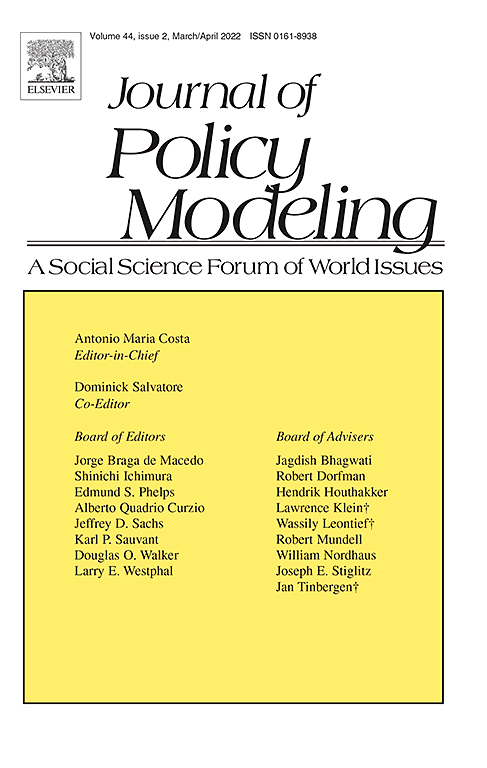
Lo más reciente
Based on conditional and unconditional demands for labour, we exploit the variations of real minimum wage across manufacturing subsectors to present evidence that this variable affects formal employment. The long-term elasticity of labour demand to the minimum wage is around –0.7. Accordingly, increases in the minimum wage lead to job losses for unskilled labour, mainly in plants with fewer than 100; thus, small increases in the minimum wage are desirable to protect employment. Labour demand is highly cyclical: the output elasticity is about 1.7. Thus, some flexibility in labour contracts is desirable to reduce the link between employment and variation of plants’ sales. Open-ended labour contracts might allow reductions of the nominal wage rather than inducing job losses during periods of severe slumps, as has happened during the COVID-19 pandemic.
